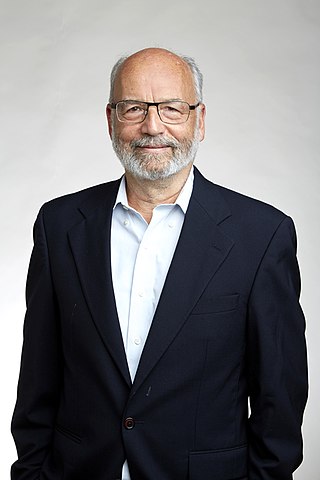
Adi Shamir is an Israeli cryptographer and inventor. He is a co-inventor of the Rivest–Shamir–Adleman (RSA) algorithm, a co-inventor of the Feige–Fiat–Shamir identification scheme, one of the inventors of differential cryptanalysis and has made numerous contributions to the fields of cryptography and computer science.

Ronald Linn Rivest is a cryptographer and computer scientist whose work has spanned the fields of algorithms and combinatorics, cryptography, machine learning, and election integrity. He is an Institute Professor at the Massachusetts Institute of Technology (MIT), and a member of MIT's Department of Electrical Engineering and Computer Science and its Computer Science and Artificial Intelligence Laboratory.

Manuel Blum is a Venezuelan born American computer scientist who received the Turing Award in 1995 "In recognition of his contributions to the foundations of computational complexity theory and its application to cryptography and program checking".

Computer Science and Artificial Intelligence Laboratory (CSAIL) is a research institute at the Massachusetts Institute of Technology (MIT) formed by the 2003 merger of the Laboratory for Computer Science (LCS) and the Artificial Intelligence Laboratory. Housed within the Ray and Maria Stata Center, CSAIL is the largest on-campus laboratory as measured by research scope and membership. It is part of the Schwarzman College of Computing but is also overseen by the MIT Vice President of Research.
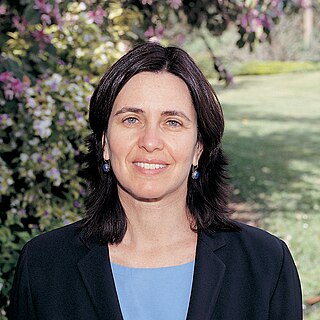
Shafrira Goldwasser is an Israeli-American computer scientist and winner of the Turing Award in 2012. She is the RSA Professor of Electrical Engineering and Computer Science at Massachusetts Institute of Technology; a professor of mathematical sciences at the Weizmann Institute of Science, Israel; the director of the Simons Institute for the Theory of Computing at the University of California, Berkeley; and co-founder and chief scientist of Duality Technologies.
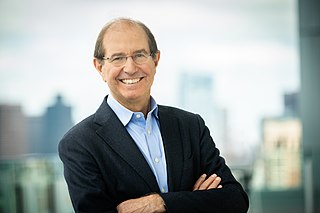
Silvio Micali is an Italian computer scientist, professor at the Massachusetts Institute of Technology and the founder of Algorand, a proof-of-stake blockchain cryptocurrency protocol. Micali's research at the MIT Computer Science and Artificial Intelligence Laboratory centers on cryptography and information security.
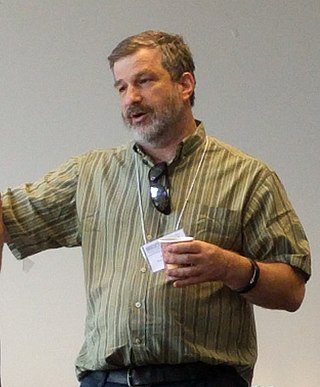
Moni Naor is an Israeli computer scientist, currently a professor at the Weizmann Institute of Science. Naor received his Ph.D. in 1989 at the University of California, Berkeley. His advisor was Manuel Blum.
Non-interactive zero-knowledge proofs are cryptographic primitives, where information between a prover and a verifier can be authenticated by the prover, without revealing any of the specific information beyond the validity of the statement itself. This function of encryption makes direct communication between the prover and verifier unnecessary, effectively removing any intermediaries. The core trustless cryptography "proofing" involves a hash function generation of a random number, constrained within mathematical parameters determined by the prover and verifier.
In cryptography, the Fiat–Shamir heuristic is a technique for taking an interactive proof of knowledge and creating a digital signature based on it. This way, some fact can be publicly proven without revealing underlying information. The technique is due to Amos Fiat and Adi Shamir (1986). For the method to work, the original interactive proof must have the property of being public-coin, i.e. verifier's random coins are made public throughout the proof protocol.

Salil Vadhan is an American computer scientist. He is Vicky Joseph Professor of Computer Science and Applied Mathematics at Harvard University. After completing his undergraduate degree in Mathematics and Computer Science at Harvard in 1995, he obtained his PhD in Applied Mathematics from Massachusetts Institute of Technology in 1999, where his advisor was Shafi Goldwasser. His research centers around the interface between computational complexity theory and cryptography. He focuses on the topics of pseudorandomness and zero-knowledge proofs. His work on the zig-zag product, with Omer Reingold and Avi Wigderson, was awarded the 2009 Gödel Prize.
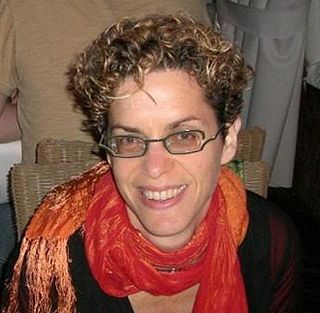
Dana Ron Goldreich is a computer scientist, a professor of electrical engineering at the Tel Aviv University, Israel. Prof. Ron is one of the pioneers of research in property testing, and a leading researcher in that area.

Bonnie Anne Berger is an American mathematician and computer scientist, who works as the Simons professor of mathematics and professor of electrical engineering and computer science at the Massachusetts Institute of Technology. Her research interests are in algorithms, bioinformatics and computational molecular biology.

Jill P. Mesirov is an American mathematician, computer scientist, and computational biologist who is the Associate Vice Chancellor for Computational Health Sciences at the University of California, San Diego. She previously held an adjunct faculty position at Boston University and was the associate director and chief informatics officer at the Eli and Edythe L. Broad Institute of MIT and Harvard.
Mona Singh is a Professor of Computer Science in the Lewis-Sigler Institute for Integrative Genomics at Princeton University.
Anna A. Lysyanskaya is an American cryptographer known for her research on digital signatures and anonymous digital credentials. She is the James A. and Julie N. Brown Professor of Computer Science at Brown University.
Ran Canetti is a professor of Computer Science at Boston University. and the director of the Check Point Institute for Information Security and of the Center for Reliable Information System and Cyber Security. He is also associate editor of the Journal of Cryptology and Information and Computation. His main areas of research span cryptography and information security, with an emphasis on the design, analysis and use of cryptographic protocols.
Boaz Barak is an Israeli-American professor of computer science at Harvard University.
Elette Boyle is an American and Israeli computer scientist and cryptographer, known for her research on secret sharing, digital signatures, and obfuscation. She is a professor of computer science at the Interdisciplinary Center Herzliya, where she directs the Center for Foundations and Applications of Cryptographic Theory.
Tal Geula Malkin is an Israeli-American cryptographer who works as a professor of computer science at Columbia University, where she heads the Cryptography Lab and the Data Science Institute Cybersecurity Center.
Vinod Vaikuntanathan is a professor of computer science at the Massachusetts Institute of Technology and a principal investigator at the MIT Computer Science and Artificial Intelligence Laboratory. His work is focused on cryptography, including homomorphic encryption. He is the co-recipient of the 2022 Gödel Prize, together with Zvika Brakerski and Craig Gentry.











